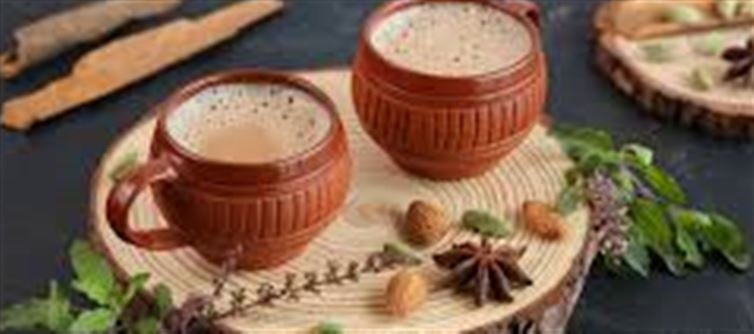
Tea is a comforting daily ritual for millions, but pairing it with certain snacks may undo its health benefits. A Stanford-trained health coach has shared surprising insights on what you should avoid when sipping your favorite chai.
1️⃣ Why Biscuits Are a No-Go
Many people reach for biscuits or cookies with their tea, but these sugary, processed snacks are loaded with refined flour, trans fats, and sugar. The health coach explains that when paired with tea, biscuits can:
· Spike blood sugar levels rapidly
· Contribute to weight gain
· Negate tea’s antioxidants, which are supposed to protect your heart and boost immunity
2️⃣ The Hidden Impact on Digestion
Tea itself contains tannins that aid digestion in moderation. However, high-sugar snacks like biscuits can:
· Cause bloating and indigestion
· Reduce the absorption of essential nutrients in tea
· Trigger cravings for more sugary foods
3️⃣ Better Snack Alternatives
Not all tea accompaniments are harmful. The health coach suggests:
· Nuts and seeds: Almonds, walnuts, pumpkin seeds – provide protein and healthy fats
· Fruit slices: Apple, pear, or berries – natural sweetness without processed sugar
· Whole-grain crackers: Opt for low-sugar, high-fiber options instead of classic biscuits
4️⃣ Timing Matters
· Drinking tea immediately after a heavy meal can hinder iron absorption
· Tea paired with sugary snacks in the evening may disrupt sleep due to sugar spikes and caffeine
· Aim for tea mid-morning or mid-afternoon, paired with protein-rich or fiber-rich snacks
5️⃣ Tea Ritual Reimagined
· Enjoy plain tea or with minimal natural sweeteners
· Pair it with healthy, slow-digesting snacks to stabilize blood sugar
· Turn tea time into a mindful ritual, focusing on the aroma and warmth rather than the sugar-laden biscuit
Bottom Line: Your daily cup of tea can be a health booster or a hidden sugar trap, depending on what you pair it with. Swapping biscuits for nuts, fruits, or whole-grain snacks can let you enjoy tea while keeping your health on track.
Disclaimer:
The views and opinions expressed in this article are those of the author and do not necessarily reflect the official policy or position of any agency, organization, employer, or company. All information provided is for general informational purposes only. While every effort has been made to ensure accuracy, we make no representations or warranties of any kind, express or implied, about the completeness, reliability, or suitability of the information contained herein. Readers are advised to verify facts and seek professional advice where necessary. Any reliance placed on such information is strictly at the reader’s own risk.




 click and follow Indiaherald WhatsApp channel
click and follow Indiaherald WhatsApp channel